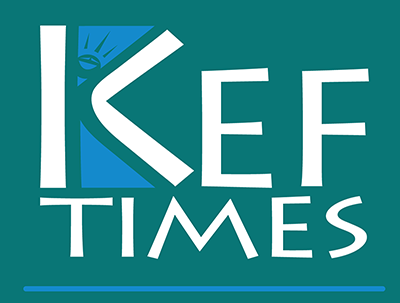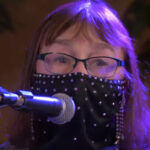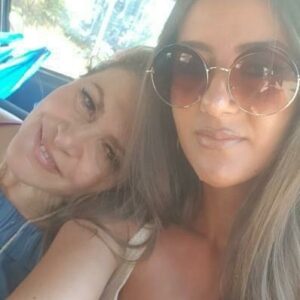Location: I mostly reside in Brooklyn, N.Y.
Occupation: I work part-time as an adjunct professor at CUNY/Guttman and KBCC (Kingsborough Community College). I also work as a fundraiser/organizer for community organizations on the East Coast, as well as in the Western Balkans. My mom used to say that my job is one of “mahalača” (Bosnian word for a woman who knows everyone’s secrets) in all New York, as I’ve lived and worked in all boroughs and Vermont since 1994. My work life has not changed much from the time I lived Montenegro, Serbia and Bosnia.
Connection to Balkan music/dance: I attend a lot of performances of my musician friends and (adopted) family gatherings. It’s safe to say that it’s part of my daily routine. There is an ad-hoc Rakunci chorus that I coordinate with immigrants and refugees from all parts of my former motherland. The other day, we went to sing with a woman who was opening a new practice, or if there is a “Balkan bash” or some public event we go as a group. I recall a time that Emerson Hawley and Marian Eines (Zlatne Uste) used to come to my “naški” language class, so instead of a traditional class on grammar, I simply would come up with a line from songs, books or poetry or jokes. Frame drum classes with Polly Tapia Ferber (Skype), Seido Salifoski, and most recently singing with Tamara, are a very special treat! I also perform with the PGG Brass Band with activist musicians at public events.
Number of times at Balkan camp: My son actually asked me to take part in a traditional music class in 2012. He has been learning bass for a few years, but has expressed a desire to “help me” by learning in a setting with other American youth. Since then, we have both been hooked to a wonderful community of East Coast camp friends. It’s a delightful week!
Studied at camp: I really like all singing classes. Merita Halili (Albanian singing) is a huge inspiration as well Polly Tapia Ferber (doumbek); they are both fabulous teachers. I also tried many other classes, but this scholarship year gave me more time to take a zurla class with Jessica Ruiz and Milo Destanovski. Rena Karyofyllidou takes dancing to a spiritual level with a smile and an open heart that is transcending to youth and adults alike. All the singing teachers are really wonderful and have encouraged me to sing and play, so I’m more confident as a singer and performer, not just behind a closed “avlija” door (“avlija” is a courtyard from the Ottoman era with tall walls to protect women and children).
Memorable moment at camp: Impossible to talk about ONE! so here are three:
a) Every night there is legendary singing, jamming and dancing in front of the Haticś’ cabin (Bosnian singing teacher Mensur and his wife Mediha) with Seido Salifoski, Sal Mamudoski, Raif Hyseni, and this year particularly to learn belly dancing moves with Nicole Hoffschneider. Plus special “coffee cup” fortune readings. This year a special “baby shower” was held at this infamous venue.
b) The band “Novi Hitovi” at kafana was totally a treat; but everything that goes on at kafana stays in kafana, so I will not share.
c) This year Polly and I had an earnest conversation on the “cultural appropriation” topic and the state of current affairs in our community and globally, which was a continuum of a long thread from the EEFC listserv. We understand that many people have shied away from political topics for many years. But we live in a different era. We share a feeling that people have an opportunity and a privilege to hold important, lively, heartfelt dialogs in a safe place like camp, and to indentify who they are in this conversation so that they can build on what has been going on. To paraphrase the Dalai Lama: “As long as people play the kinds of music and dance which have spiritual meaning, it could change ethnicities or religions or borders or continents from its original groups, but it remains spiritual to people who practice and pay respect and give credit to their cultures.” We all agreed that is not “cultural appropriation” but a syncretic thing in the best possible way, like the Mediterranean cultures have had for many centuries.
I would like to add: I am so very grateful to the Scholarship Committee, participants and teachers alike who have created an environment for all of us to thrive and dive deep into our creative and authentic selves. Life at camp cannot be compared to any other. I am so very grateful.



